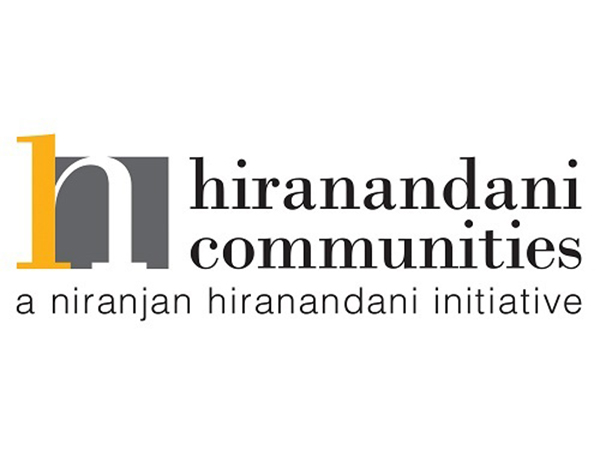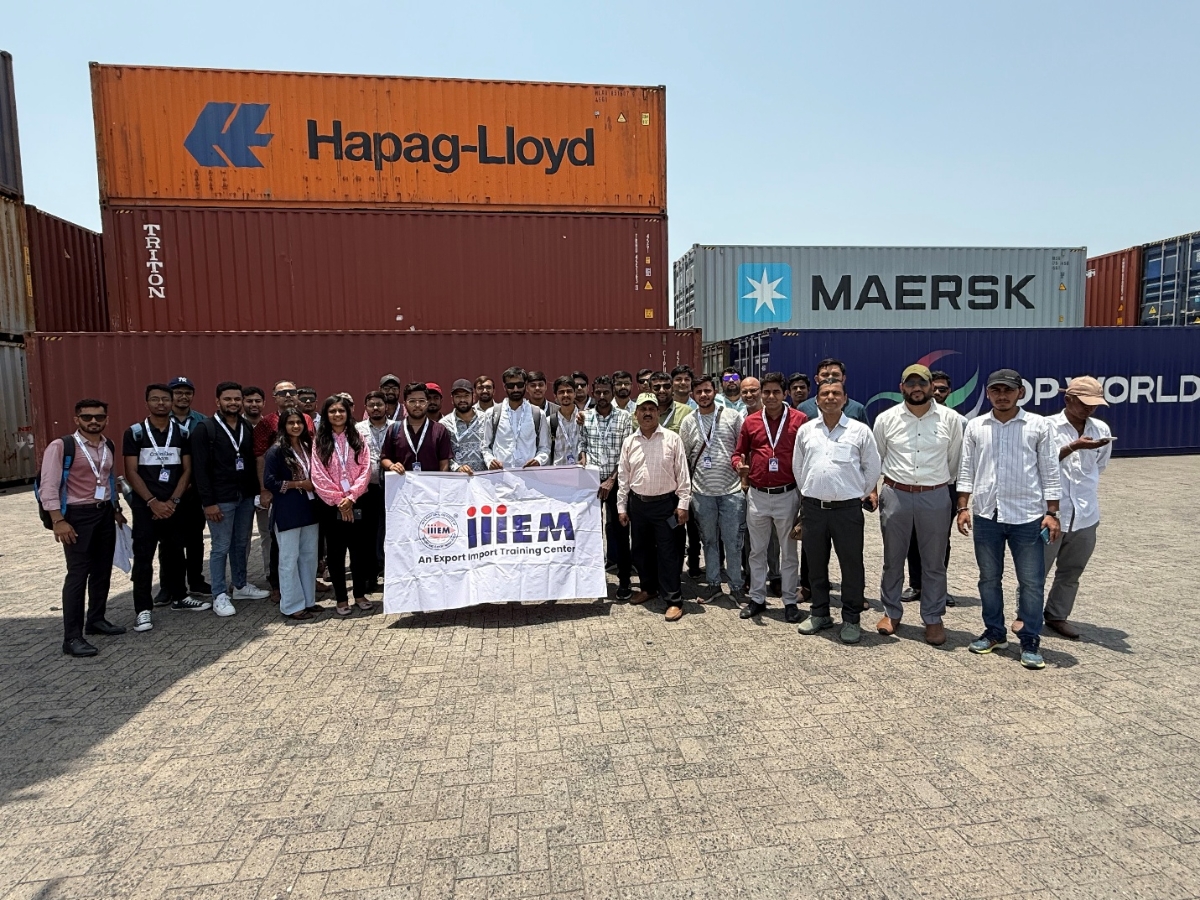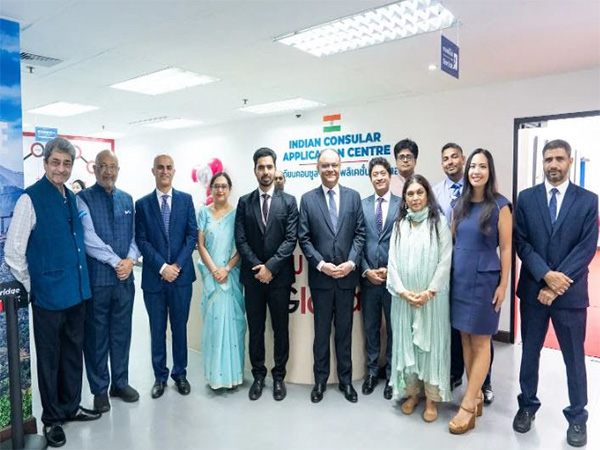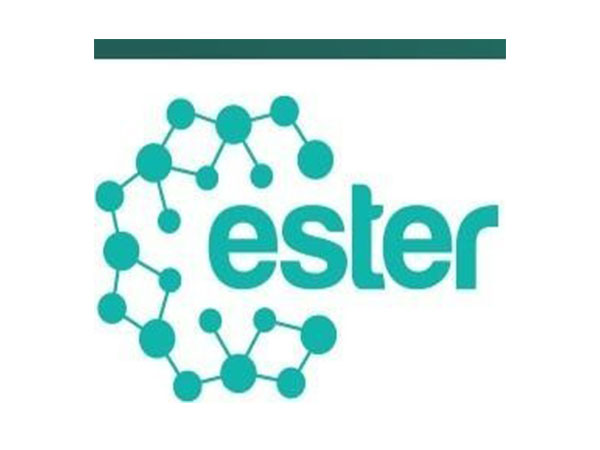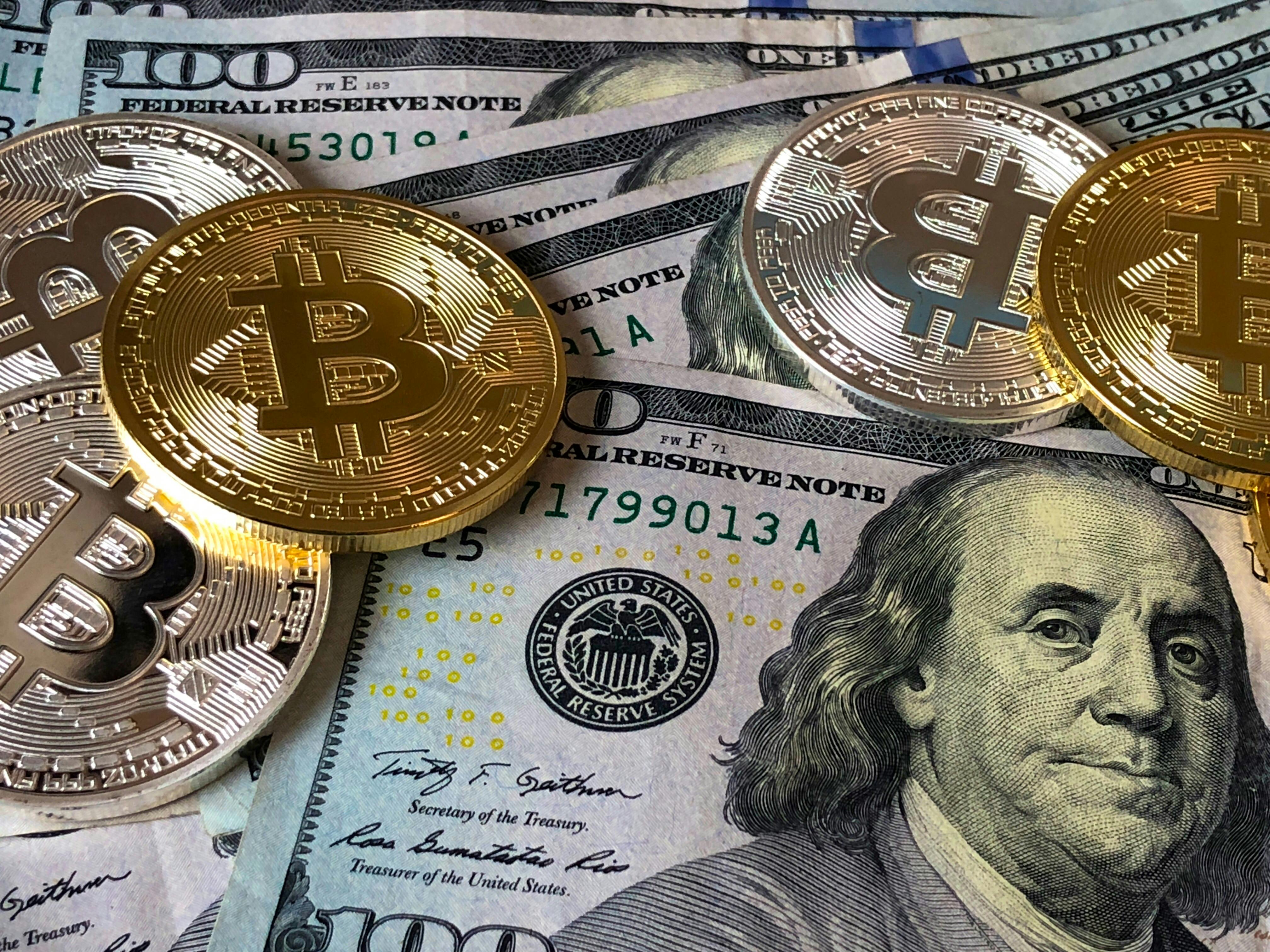
Mobile-phone technology powers saving surge in developing economies
Jul 17, 2025
Washington [US], July 17: More adults than ever in low- and middle-income countries now have bank or other financial accounts, leading to a rise in formal saving, according to the World Bank Group's Global Findex 2025 report.
This momentum in financial inclusion is creating new economic opportunities. Mobile-phone technology played a key role in the surge, with 10 percent of adults in developing economies using a mobile-money account to save-a 5-percentage point increase from 2021.
In 2024, 40 percent of adults in developing economies saved in a financial account in 2024-a 16-percentage-point increase since 2021 and the fastest rise in more than a decade.
Higher personal saving-through banks or other formal institutions-fuels national financial systems, making more funds available for investment, innovation, and economic growth. In Sub-Saharan Africa, formal savings increased by 12-percentage points to 35 percent of adults.
World Bank Group President Ajay Banga said, "Financial inclusion has the potential to improve lives and transform entire economies. Digital finance can convert this potential into reality, but several ingredients need to be in place. At the World Bank Group, we're working on all of them. We're helping countries get their people access to new or improved digital IDs. We're constructing social protection programs with digital cash-transfer systems that deliver resources directly to those in need. We're modernizing payment systems and helping to remove regulatory roadblocks-so that people and businesses have the financing they need to innovate and create jobs."
Bill Gates, Chair of the Gates Foundation, one of the supporters of the Global Findex, added, "More people than ever have the financial tools to invest in their futures and build economic resilience, including women and others previously left behind. This is real progress. The case for investing in inclusive financial systems, digital public infrastructure, and connectivity is clear-it's a proven path to unlocking opportunity for everyone."
The Global Findex is the definitive source of data on global access to financial services-from payments to saving and borrowing. It highlights a major milestone in financial inclusion: nearly 80 percent of adults worldwide now have a financial account, up from 50 percent in 2011. But 1.3 billion adults still lack access to financial services. Mobile phones could help close this gap: about 900 million adults without financial accounts have a mobile phone, including 530 million with smartphones.
Meanwhile, in the Middle East and North Africa, account ownership rose to 53 percent from 45 percent in 2021. In 2024, 17 percent of adults save formally, up from 11 percent in 2021.
Source: Emirates News Agency


